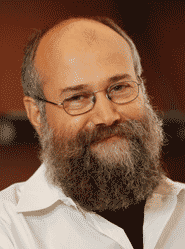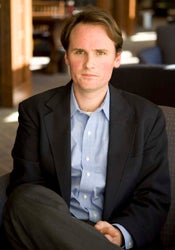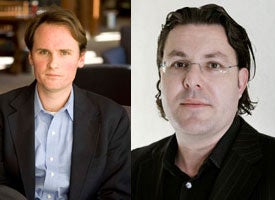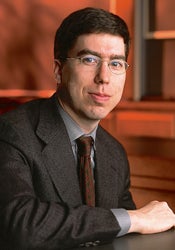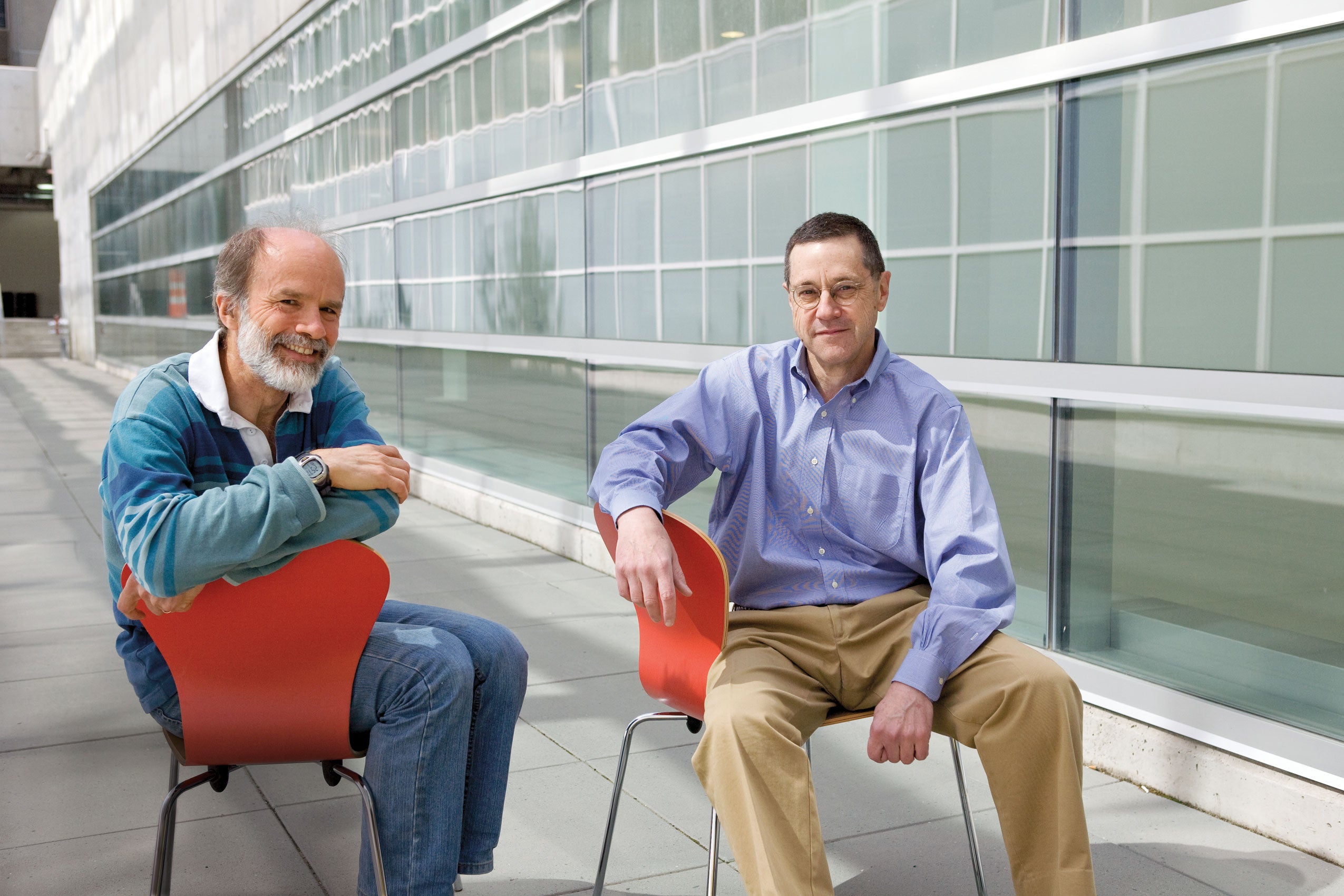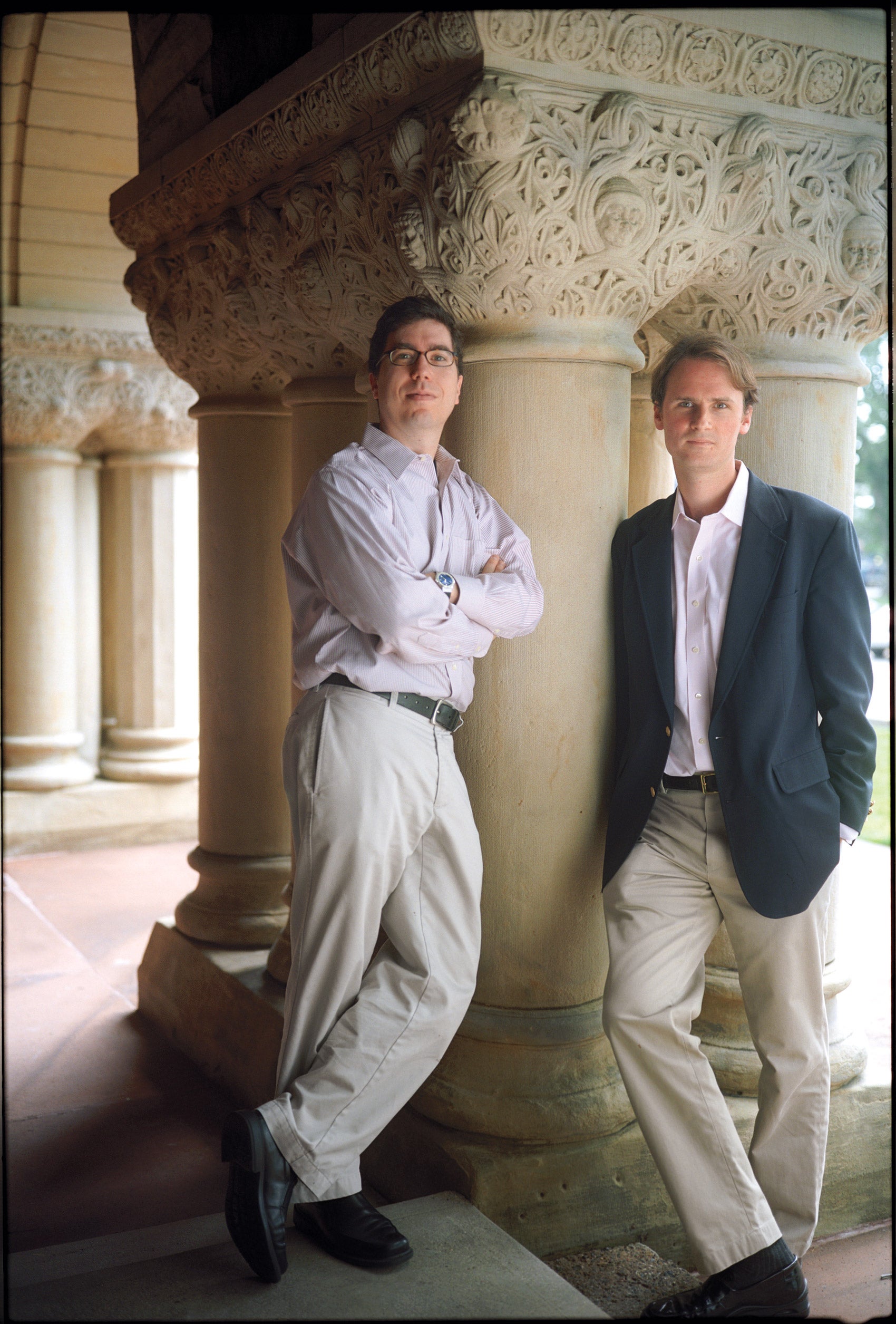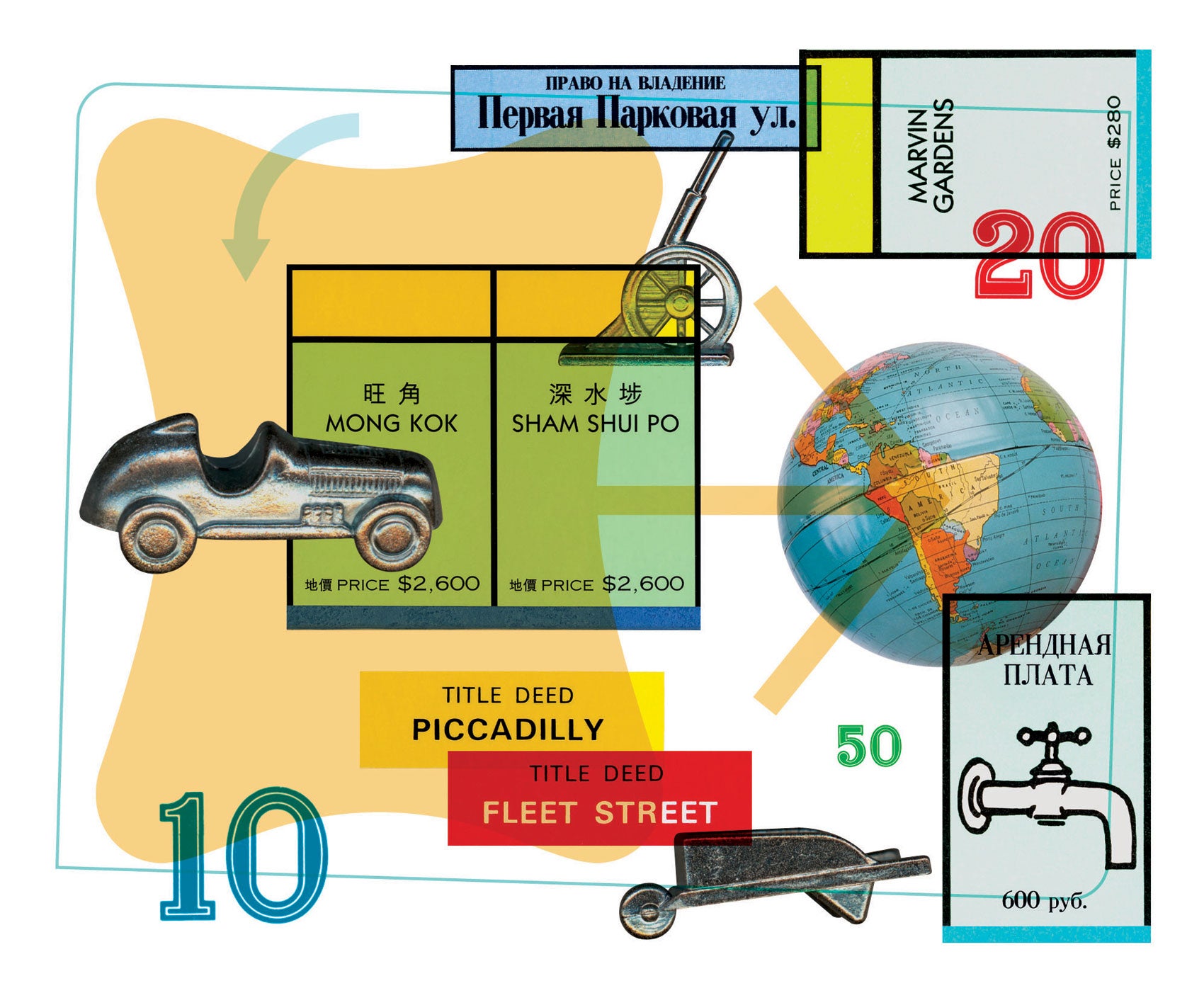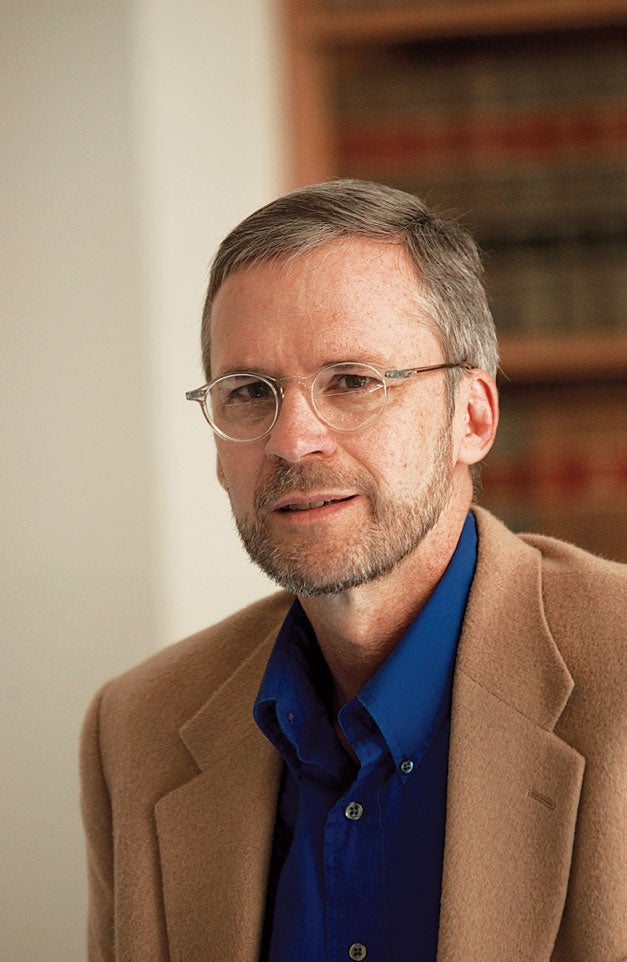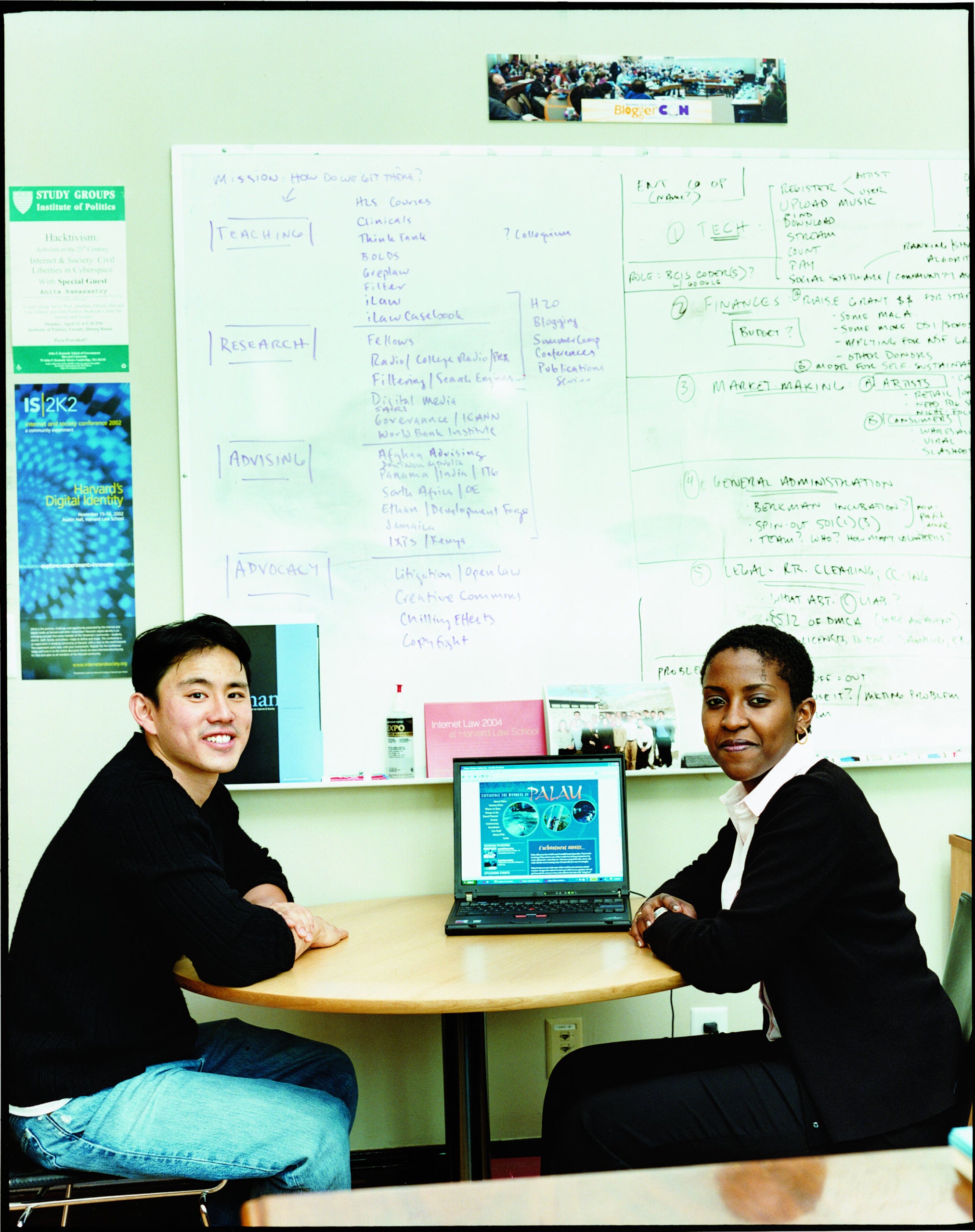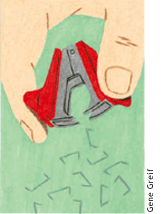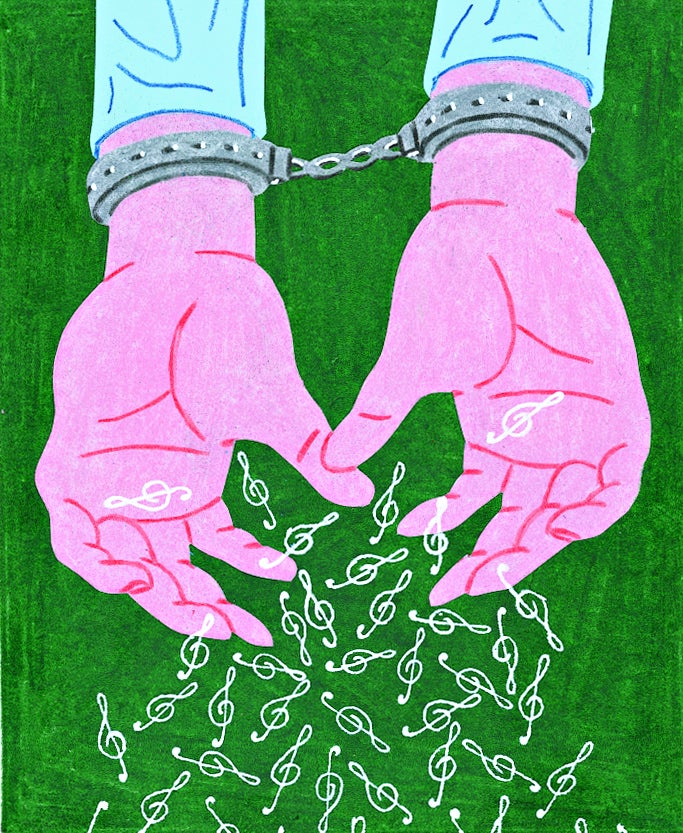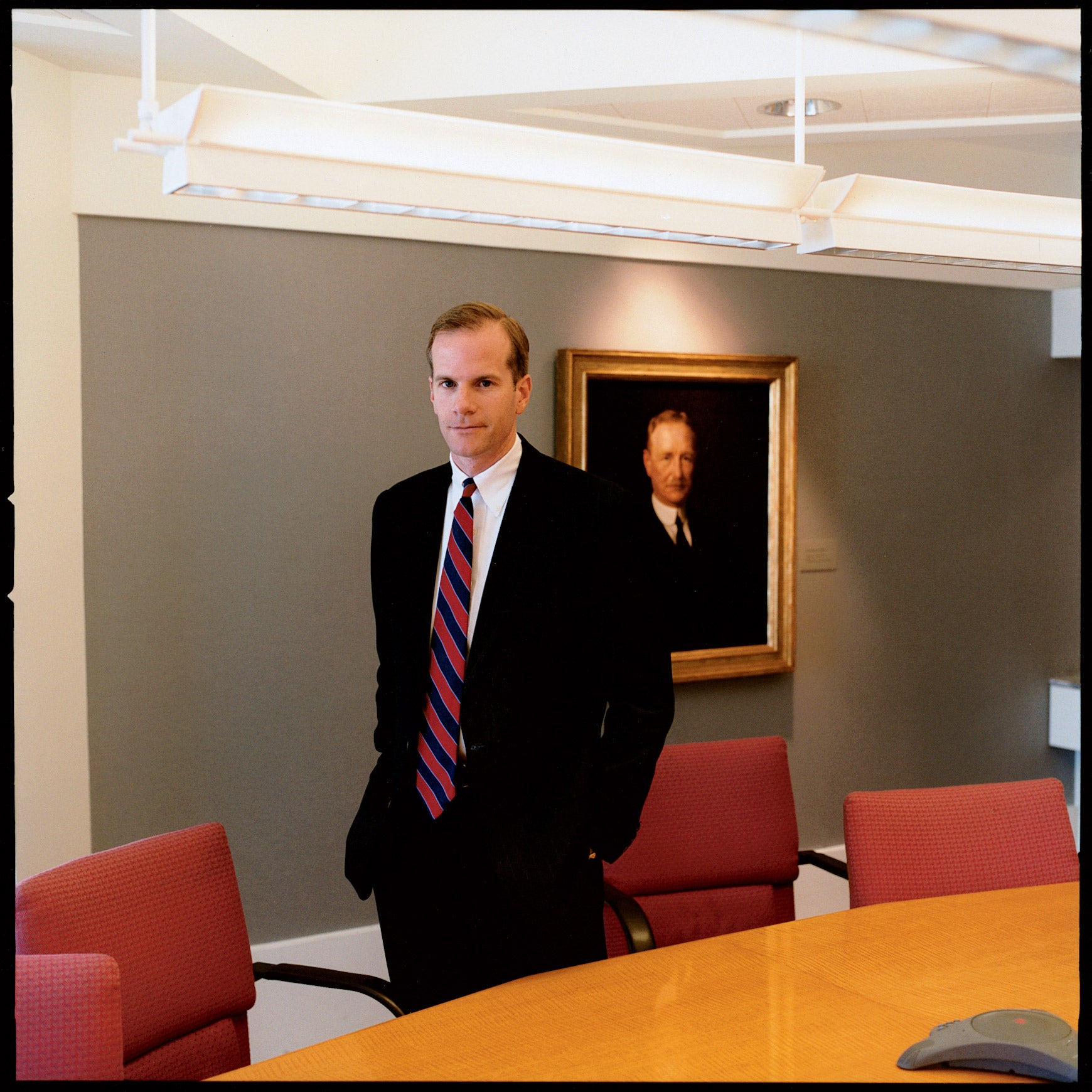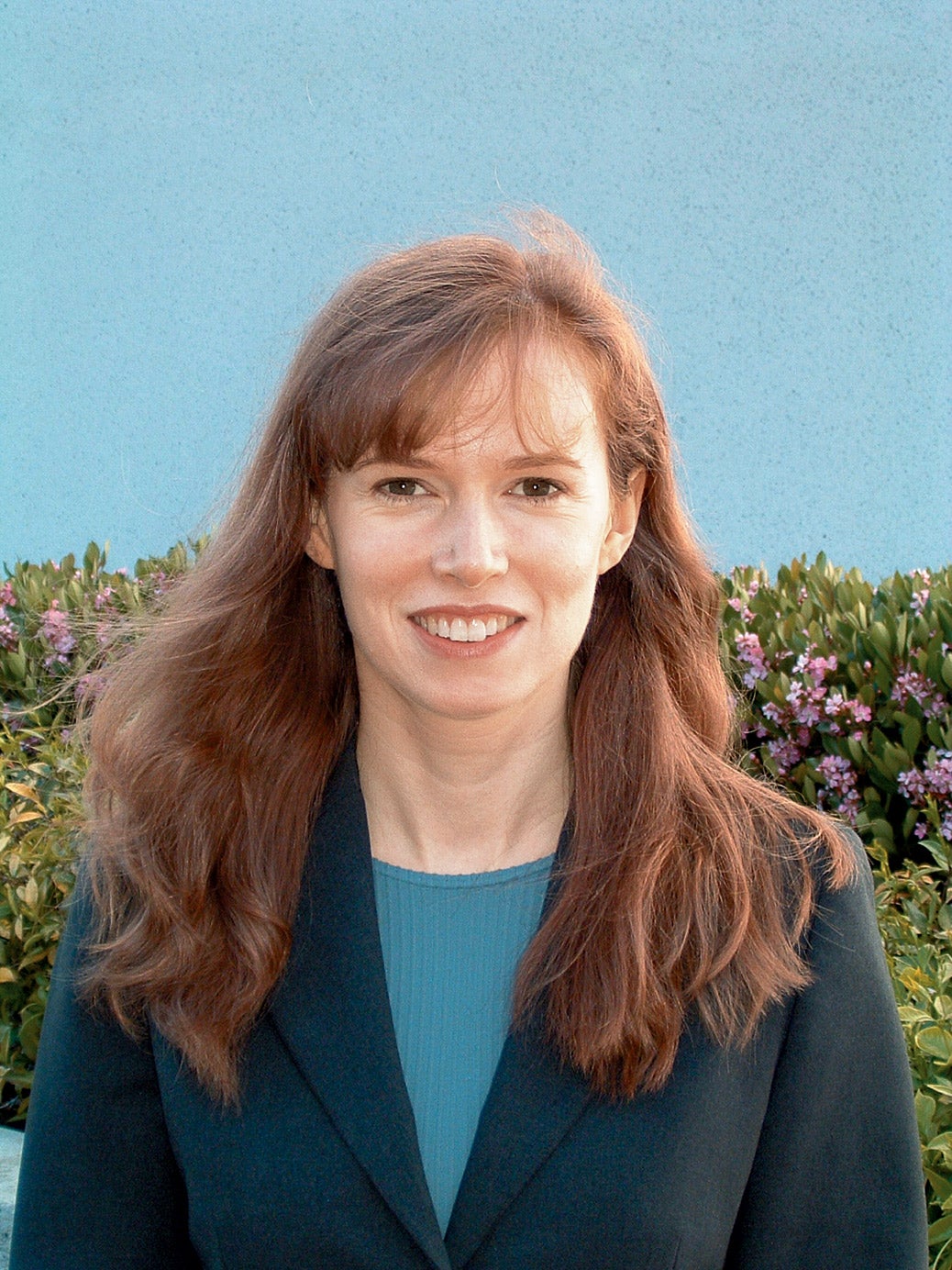Topics
Science & Technology
-
Berkman Center launches new website on media trends
March 13, 2009
The Berkman Center for Internet & Society launched a new Web site called ‘Media Cloud’ in conjunction with Thomson Reuters in July. The goal of Media Cloud is to provide a new search tool that illustrates the nature of news and how information flows between blogs and more traditional news outlets like newspapers.
-
On March 6, HLS Professor John Palfrey ’01, vice dean, library and information resources at HLS, and Adam Thierer, a senior fellow at The Progress & Freedom Foundation and director of its Center for Digital Media Freedom, participated in an online debate on Ars Technica on the Communications Decency Act and whether ISPs and social networking sites should be more liable for the things their users post. The debate, The Future of online obscenity and social networks, is included below.
-
HLS Professor Yochai Benkler ’94 wrote “Correspondence: A New Era of Corruption?,” in The New Republic online on March 4. The piece— on the effects of media diversification and competition on the traditional model of regional newspapers and democracy—was a response to an article by Paul Starr, “Goodbye to the Age of Newpapers (Hello to a New Era of Corruption.”
-
Palfrey and Gasser Win Library Journal Prize
March 4, 2009
Born Digital, a book by HLS Professor John Palfrey ’01 and Urs Gasser L.L.M. ’03, executive director of the Berkman Center for Internet & Society, was named a Best Science and Technology Book of 2008 by the Library Journal, in March.
-
The Berkman Center for Internet & Society has launched Herdict Web, which allows users to report site inaccessibility around the world. The website aggregates reports in real time, so that users can see whether inaccessibility is a shared problem. Trends can be viewed over time, by site and by country.
-
Zittrain on “Facebook rules”
February 19, 2009
The following article, entitled, “Facebook rules,” including commentary from Professor Jonathan Zittrain ’95, was published in the February 18 edition of the New York Times.
-
In the summer of 2007, HLS Professors Mark Ramseyer ’82 and Steven Shavell approached editors at Harvard University Press with the idea of starting a unique online venture: a broad-focused, faculty-edited journal with an open access format, to provide first-rate scholarship to the widest possible audience.
-
Urs Gasser joins Berkman Center as new executive director
February 4, 2009
Urs Gasser LL.M. ’03, an associate professor of law at the University of St. Gallen in Switzerland, has been named executive director of the Berkman Center for Internet & Society.
-
Zittrain at Davos: Cybercrime threat rising
February 2, 2009
Harvard Law School Professor Jonathan Zittrain ’95, co-founder and faculty co-director of the Berkman Center for Internet & Society, participated in the World Economic Forum in Davos, Switzerland, in January. He joined leading Internet experts in a panel discussion on “Is the Internet at Risk?”
-
Rescuing the Internet for Digital Natives and the Rest of Us
September 9, 2008
In a wide-ranging interview, John Palfrey and Jonathan Zittrain survey the future of the Internet.
-
Boardwalk, Park Place—and The Hague
July 1, 2007
Headlines on any given day underscore the increasing globalization of antitrust law and economics—for example, “Apple iTunes charged by EC with restrictive pricing practices.”
-
Litigating the new frontier
April 1, 2007
An ambitious new player has appeared on the Internet scene, determined to dominate the flow of information across the Web.
-
Who controls the Internet?
July 1, 2006
According to one prediction, the new technology will bring every individual “into immediate and effortless communication with every other” and will “practically obliterate political geography and make free trade universal.”
-
Is the case for intelligent design designed intelligently?
April 23, 2006
Several school boards have recently mandated that science curricula include the teaching of intelligent design--the theory that all advanced life forms are so complex that they must have been designed by an intelligent force.
-
RX for a public health problem
July 1, 2005
Recent studies show an alarming spike in illegal Internet sales of Vicodin, OxyContin and other highly addictive or dangerous drugs to teenagers who don't have prescriptions.
-
A Hot Property
July 1, 2004
With conferences, research and ideas, HLS faculty and students keep pace with the ever-changing world of intellectual property issues.
-
Up on Downloading
July 1, 2004
HLS professors propose different ways to address the proliferation of music downloading.
-
A Paperless Society
April 1, 2004
Unbound, HLS's first online journal, opened up shop in cyberspace in the fall and plans to take advantage of what the neighborhood has to offer, like streaming video, discussion boards and links to related sites for legal activism.
-
When Sharing Is a Crime
April 1, 2004
Imagine a world without copyrights on songs or movies. Instead, government tax revenue would compensate entertainers in proportion to how much consumers listened to or watched their products.
-
Grasping Cyber-reach
April 1, 2004
Depending on your perspective, Kourosh Kenneth Hamidi may be either a crank or a prophet. But William McSwain '00 wants to keep the Internet free for both.
-
A Find on the Web
April 1, 2004
Stacy Stern '93 isn't as famous as the Pets.com sock puppet. She never raised billions from venture capitalists or played foosball in the office during the height of the Internet boom. Yet in the annals of Silicon Valley, Stern can boast of a more impressive distinction: success.
